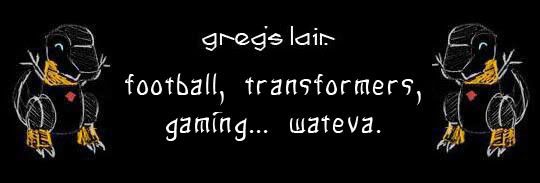does absolute power corrupt absolutely?
this little question has probably been done to death. but i honestly do feel a need to ramble about this.
is pure democracy overrated? does one possessing absolute power eventually lead to absolute corruption?
we all crave for democracy, the right for our points of view to be put across and aired for all to consider. who likes being shut out of conversation or being barred from participating in making important decisions? yet, does the chaos of being presented with too many opinions outweigh the benefit of everyone being heard out for the best possible solution to be found?
conversely, does having a central figure dictate everything lead to abuses? is it possible for anyone to remain untainted by the alleged corruptive touch that power brings? we will all point to hitler and stalin and saddam hussein and say that the atrocities committed by these dictators is reason enough to shy away from a strong central leadership. but what happens when a collective makes that same decision? isn't a collective leadership performing the same function as the central one with more points of view being injected into the mix? yet is it still considered democracy when they make the same atrocious decision as the dictator?
does having more voices allow a leader to make better decisions? or does it impair his judgment due to the sheer volume of options he or she has available?
will there ever be the right balance between the two?
is pure democracy overrated? does one possessing absolute power eventually lead to absolute corruption?
we all crave for democracy, the right for our points of view to be put across and aired for all to consider. who likes being shut out of conversation or being barred from participating in making important decisions? yet, does the chaos of being presented with too many opinions outweigh the benefit of everyone being heard out for the best possible solution to be found?
conversely, does having a central figure dictate everything lead to abuses? is it possible for anyone to remain untainted by the alleged corruptive touch that power brings? we will all point to hitler and stalin and saddam hussein and say that the atrocities committed by these dictators is reason enough to shy away from a strong central leadership. but what happens when a collective makes that same decision? isn't a collective leadership performing the same function as the central one with more points of view being injected into the mix? yet is it still considered democracy when they make the same atrocious decision as the dictator?
does having more voices allow a leader to make better decisions? or does it impair his judgment due to the sheer volume of options he or she has available?
will there ever be the right balance between the two?

